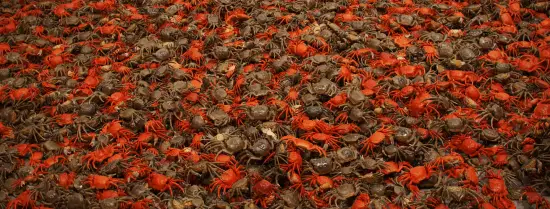Comparing the attribution of societal impact and artistic qualities in the Western reception of art activists from democratic and authoritarian regimes
Why is it that most people know the artist Ai Weiwei, while few people know Jonas Staal? This research project will focus on artists who combine art and activism – artivists – to raise political issues, by looking at the relationship between arts and politics in a current context of changing geopolitical dynamics. With a particular focus on the Western art world, news media platforms and media audiences, and by applying and synthesizing multiple methods, we address the extent in which either art or activism receives attention in the reception of these artivists and how this differs between Western and non-Western artivists.
In Western societies, artistic fields have become relatively autonomous from politics since Romanticism. This autonomy is a double-edged sword for what we term artivists; artists that combine art with activism. Artistic autonomy provides extensive freedom of expression but simultaneously limits the artists’ societal impact to the confines of the artistic field. In authoritarian non-Western countries, the absence of autonomous artistic fields means that artivists are more likely to have societal impact – they are treated as activists rather than artists – but have less artistic freedom – they experience legal repercussions. Yet, we have little understanding of the changing dynamics between artistic autonomy and societal impact when artivists ‘travel’ to the West. To overcome this knowledge gap, this project addresses the following research question: how does the attribution of artistic qualities and societal impact in Western countries differ between Western and non-Western artivists, both in artistic fields and mainstream society?
By drawing on the humanities and cultural sociology, this project examines the reception of artivists within artistic fields, in which gatekeepers (critics, curators) are said to evaluate the artwork and attribute artistic qualities. Furthermore, drawing on media studies and political science, it studies the reception of such artists within ‘mainstream’ society, in which media outlets and audiences are said to evaluate the activism, attributing societal impact. However, the widespread Western attention for non-Western artivists, fighting for Enlightenment values (individual freedom), raises highly important new questions regarding the relationship between art and politics. Is this attention aimed at their art or at their activism, and how does this relate to the evaluation (of the authenticity) of domestic artists? How are geopolitical relations articulated in or through the reception of artivists?
This comparative project adds considerably to our understanding of the political potential of artists that combine art and activism; who has the right to speak and to be heard in an increasingly globalized (art) world in which the West is slowly losing its hegemonic economic position. Second, the autonomy of artistic fields has been reduced significantly as a result of dwindling government subsidies and an increasing focus on the economic valorization of art. As a result, societal impact as a strategy to re-claim legitimacy has become a hot – yet understudied – topic. Third, as the influence of artistic gatekeepers has decreased in favor of (social) media audiences, it is urgent to contrast the reception of artivists in artistic fields and in mainstream society.
We draw on – and synthesize – multiple methodologies from (digital) humanities and social sciences. The reception within artistic fields will be studied by doing qualitative in-depth interviews with artistic gatekeepers, whereas quantitative framing analysis will uncover the media coverage of artivists. Using the highly innovative method of topic modelling, we will reveal the underlying structures in the audience discourse on social media platforms.
Research team
Frank Weij, MSc
PhD Candidate
Prof. dr. Koen van Eijck
Promotor
Dr. Pauwke Berkers
Co-promotor
Dr. Jiska Engelbert
Co-promotor
Publications
Weij, F., Berkers, P. & Engelbert, J. (2015). The appeal of contemporary protesting artists: Western solidarity with Pussy Riot and the twittering of cosmopolitan selves. International Journal of Consumer Studies, 39(5), pp. 489-494.
